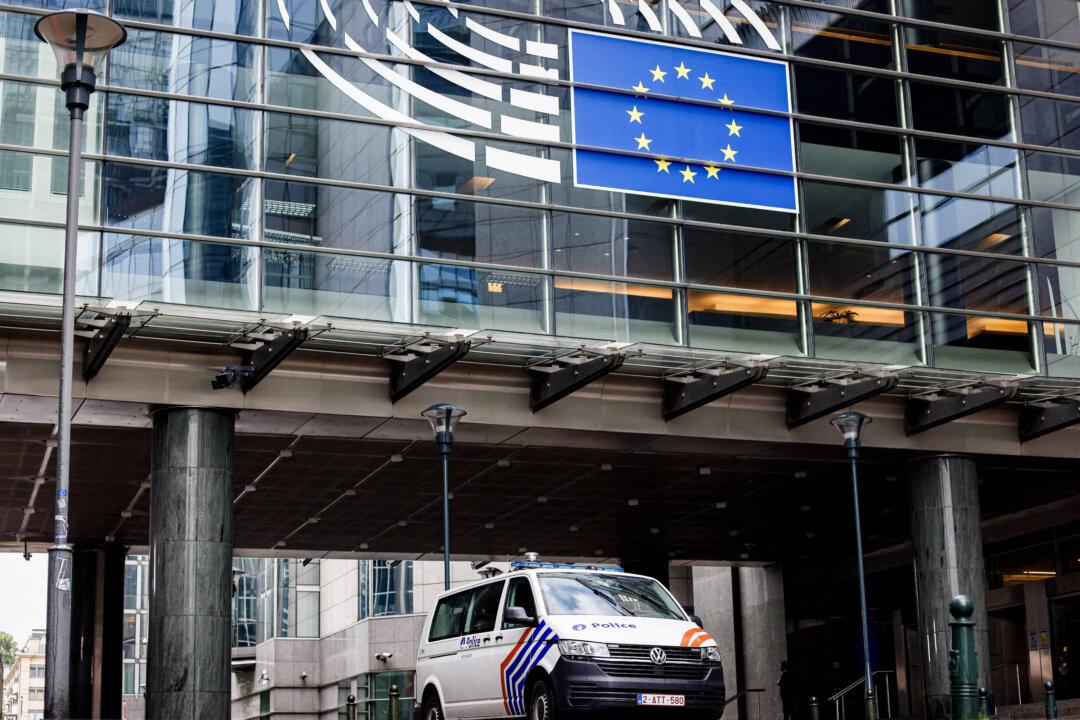The Chinese Communist Party (CCP) has become “increasingly sophisticated and active” in its efforts to influence European elections and policymaking, a Czech study has found.
“China, though newer to electoral interference in Europe compared to Russia, is increasingly sophisticated and active in its attempts to influence European elections and decision-making through various means, including political influence, information manipulation, bribery and espionage,” researchers said in a recent report from the Association for International Affairs, a Prague-based think tank.




